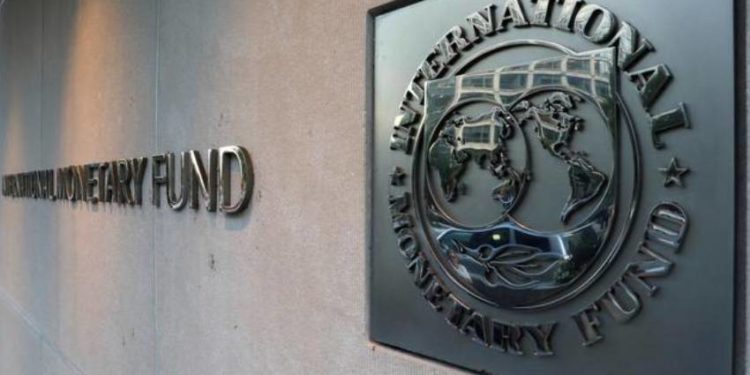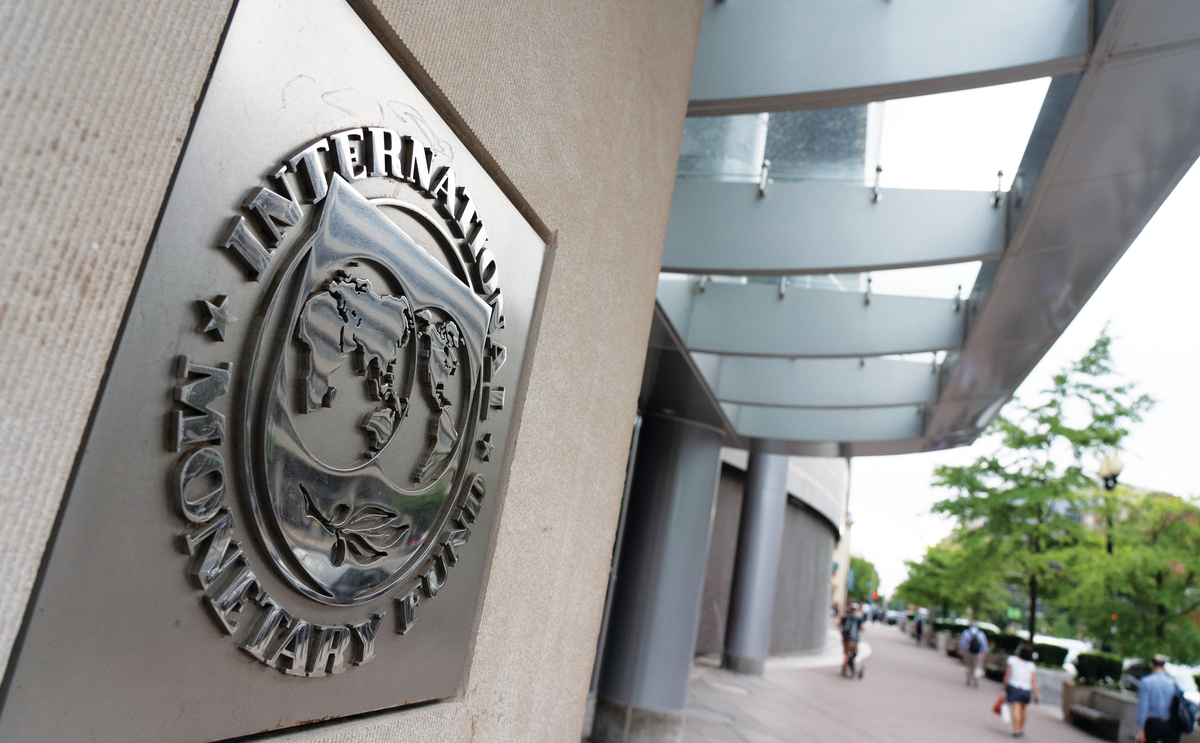The Kenyan Senate is set to scrutinise austerity measures for loans set by the International Monetary Fund (IMF) for the country, a move that could place the country at loggerheads with the international lender.
Senate Speaker Amason Kingi has already given a nod to the Senate’s Finance and Budget Committee to review the measures, that the senators worry could worsen the nation’s economy.
In the recent past, Kenya and other developing nations have been turning to the IMF for financial aid in terms of loans. However, the body has of late set tough measures for its borrowers including Kenya, in a bid to ensure that such loans are not misused.
Among the institutional and structural changes proposed by the lender include a reduction of the public wage bill, which could lead to layoffs of public servants.
IMF Approves KSh. 52 Billion More For Kenya
The senators want to figure out the impact of the IMF measures in the inquiry that resulted from a petition by the newly nominated Senator Hamida Kibwana.
“They should state the reason the IMF has imposed austerity measures on developing countries including Kenya while warning rich countries against austerity measures,” Kibwana said.
The lawmaker urged that the National Treasury explain the protections in place to guarantee that the measures do not result in an rise in living costs.
The committee will also determine how the IMF’s requirements will impact Kenya’s ability to obtain loans from international lenders, given that the nation is still recovering from the COVID-19 outbreak that wrecked the economy.
“The committee should give a breakdown of the proposed austerity measures to be applied,” Kibwana said.
Kenya Requests For More IMF Loans
The committee will investigate whether the actions will result in a fiscal budget tightening and changes to government spending. The investigation will also reveal the specific industries that the restrictions are targeting.
“The committee should clarify to the Senate whether the Ministry has plans to ensure that the measures do not put vital public services at risk and exacerbate poverty and inequality,” she said.
The senator urged the investigating committee to suggest that the IMF austerity plan be tabled in the Senate as well as in each of the 47 county assemblies for comprehensive scrutiny.
As part of a $2.34 billion loan approved in May of last year, the IMF last week agreed to disburse $433 million (Ksh52.8 billion) to Kenya.
However, Kenya is expected to continue with structural and governance reforms and reveal the beneficial owners of companies hired by government agencies to secure the loan.
To receive the loan in instalments, Kenya was also required to, among other things, reform state-owned firms, carry out a specific audit of COVID-19 expenditures, and enforce wealth declaration by public employees.
A uniform payroll system for all ministries, departments, organisations, and counties was another requirement for the nation.
Kenya was granted until June 30, 2022, to comply with the requirements, but when it failed to do so in some cases, it was forced to ask for a waiver in July.
Email your news TIPS to editor@thesharpdaily.com


















